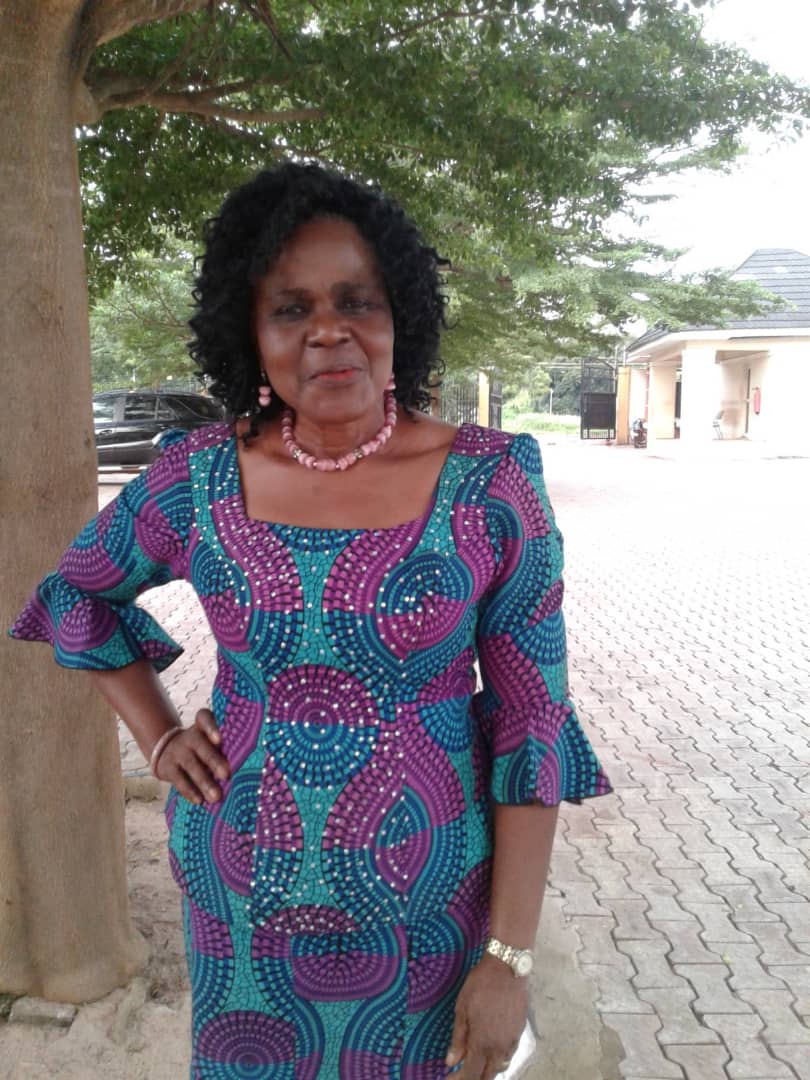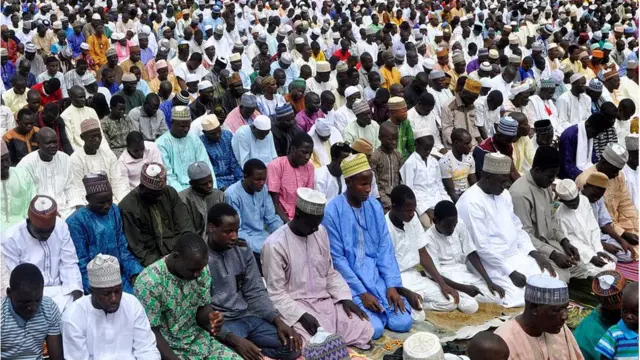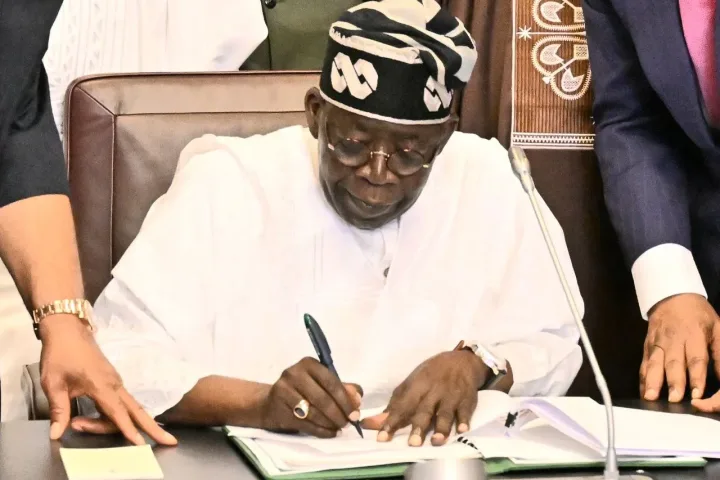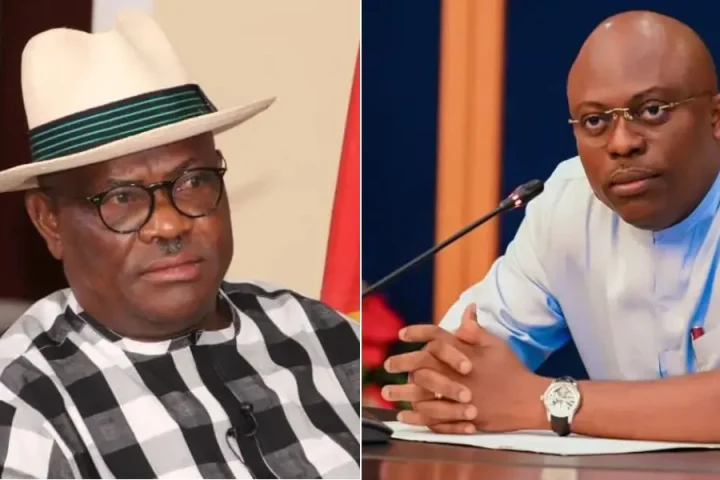First Female Professor Of Mass Communication, Chinyere Stella Okunna, Says Splitting Course Will Create More Jobs, Repair Cracks In Nigeria’s Media Space
Advancement in technology is pushing sweeping changes in the global media practice. This push has also triggered policy changes/adjustments in curriculum development for media education to accommodate industry demands. Spearheaded by the National Universities Commission (NUC), Nigeria has keyed into this trend by unbundling Mass Communication courses into eight special units for effective industry practice. Renowned scholar at the Nnamdi Azikiwe University and first female Professor of Mass Communication in Sub-Sahara Africa, Chinyere Stella Okunna, in this exclusive interview with PRIME Business Africa’s Chief Correspondent in Enugu VICTOR EZEJA, speaks on the challenges, practice and the journey unbundling media studies into a school of communication in Nigerian universities as well as the attendant benefits. She also explains her engagement with Newstide Publications, publishers of Prime Business Africa, where she serves as Deputy Chairman and Editorial Board Member.
As Professor of Mass Communication, what are your thoughts on Nigeria’s media industry and its challenges today?
Join our WhatsApp ChannelLike virtually everything, standards are not as rigorous as expected. But we hope that things would change.
Mass Communication is going to be unbundled into eight different departments and we are happy because we see professionalism. Before now, Mass Communication was referred to in some quarters as jack of all trade and master of none. Really, we were studying eight different subjects and getting one degree. Our graduates should have been getting eight degrees.
Luckily the unbundling is going to make for more professionalism, more specialisation, more expertise, and that’s good for the profession. So, I’m happy that the field is growing; it’s expanding.
Many years ago, when we began to rise in this profession, one of the most topical issues was whether journalism was a profession. Some said, no, it’s a craft; it is an occupation; no, it wasn’t a profession. And we argued it in conferences and everywhere. Right now, people are beginning to accept (I think it is already accepted) that journalism is a profession. And you know the attributes of a profession, if you talk about standards, comparing yourself with lawyers, engineers, medical doctors and all those known professions. And if you are going to be doing that, it means you have to be a thorough-bred professional in your training for quality; and those who are teaching should also be mindful of their qualifications and the rigour with which they are teaching.
I see a more vibrant field going forward. Preparing students very well in whatever they are set to do and the unbundling will also create jobs for your products everywhere. I do not think that any Mass Communication graduate should really be jobless, because there are areas to plough into and succeed, if you are good in what you are doing. That’s the profession we anticipate in the coming years.
How would you describe the pace at which this unbundling process is going, considering that this was to have begun two years ago?
It is going quite slowly and it won’t be easy. It is a very tough thing to do. Many universities will not be able to unbundle, many will not be able to do it.
First of all, you need to start, and if you were, maybe one Mass Communication department, 13, 14 to 15 members of staff could handle it. Even in Unizik when we began, Mass Communication in the 1990s, there were just three of us teaching all the courses. We were teaching six or seven courses, and we coped. It wasn’t really cool, we were young and strong, but we managed.
But imagine eight departments in a whole faculty. It is going to be a faculty or a school of media and communication studies.
So, it requires an abundance of staff, and many universities cannot afford that.
Luckily, in Unizik for example, we went from about 14 members to about over 50 members now. Yet, we are not fully ready, because some of the departments do not yet have people and you require about six members of staff to teach in each of the eight new departments. It also requires a minimum of three departments to make up a new faculty. So, it won’t be easy.
It is going to be a slow process, but as the NUC has said, it is not a competition; those who are able to unbundle into three departments, which is the minimum requirement to make a faculty, can do so. But there are universities that are able to do eight of them at the same time. So it’s going slowly, because before you even start, there should be a curriculum discussion: The Senate will pass the curriculum and approve it, NUC will come on facility visit and inspect what you are doing and give approval. It is going to be quite slow for many universities, and tough for others, and quite impossible for some.
Could you speak directly to the issue of ethics and what the real challenges are for the Nigerian media industry and practitioners?
From the colonial days when Journalism began here with Iwe Irohin, it has always been a vibrant profession, and there was a time we were bragging that Nigeria had one of the freest press systems in our own part of the world. So, we had Azikiwe and the rest of them in the colonial days who had courage even to challenge the colonial masters. This courageous challenge persisted up until the military era. Journalists also found the courage to speak out at the risk of imprisonment, sometimes even death. I am sure people like Dele Giwa did not just die; his death must have been related to his profession. They had been working hard to retain this freedom of the press.
That is why what is going on now is a bit frightening, the reason the press is challenging it. This is also why people must find additional courage.
There are allegations now that government not just at the federal level, but at some state levels, is trying to find ways ro gag the press. There are a number of laws and bills that they want to push through the National Assembly and maybe Senate which are not really good but are anti-democratic laws for the press. I am sure you know that, in any democratic process, the press is the oxygen of democracy. If the press loses its freedom, its courage to speak out, its watchdog position, democracy is dead.
All these Bills are allowed to thrive, you ban Twitter, you put in the press council laws, and you put in the hate speech whatever, you put in the social media law. If all these things are allowed to come into place, the journalism we knew that was practised by our predecessors will disappear completely.
So, it is a vigorous challenge, and I think the press will eventually win that war because people are going to support it and know that if you gag the press, you are finished.
We must maintain that capacity, that power to be the watchdog of society. Watchdog watches the society, it stays at your gate, it watches your compound, watching everybody, and if anything goes wrong it barks.
There are two extremes, but a watchdog is in the middle. There is the lapdog. You just carry the dog on your lap and be feeding it with milk, and it is sitting and eating, it doesn’t bark, even if somebody is coming through the gate, it doesn’t bark.
On the other extreme, there is the attack dog, that anything the government does it will attack. That’s also wrong. So, we must maintain our position in the middle, supporting government when it is doing well, through development journalism, barking when government is doing something wrong, not governing well, and altogether serving as oxygen of democracy. If we lose that position, we have lost everything.
At some point, you were a government appointee. What has been your role in governance outside academics?
For 8 years, beginning from 2006, I took a leave of absence from the academia and went to work with His Excellency, Mr. Peter Obi. I served in various capacities. I began as Commissioner for Information naturally, given my background. Then, at a point, my boss said that I was a meticulous person in planning. This is because when I am doing anything, I plan it so meticulously that when I am executing it you will think it is magic. So, he created a new ministry really, the Ministry of Economic Planning and Budget. So I was in charge of all the planning, all the budgeting. At a point, he also made me Chief of Staff, though I was still commissioner for Economic Planning and Budget. I was also the Chairman of MDGs implementation committee. That was a very strategic position because the vision of Peter Obi’s administration was to achieve the Millennium Development Goals (MDGs). So if you were the chairman of MDGs, that was a very powerful position.
I was also the coordinating commissioner for all development agencies, and all the donor agencies working in Anambra, and there were many of them. Because the man was giving good governance, virtually all the development partners came back. They had all run away because Anambra was a very fractious place before Peter Obi’s administration; bad blood, infighting, insecurity, everything, so all the development partners ran away. But when he began working and giving good governance, they all came back.
I was the coordinating commissioner for all their activities.
And I was also the Chairman of the good governance committee. It was my duty with my committee to serve as the watchdog; we were watching the governor, watching the government on what they were doing. When they didn’t do well, we barked. We were even biting.
So, it was exactly a very challenging time for me, with so many things to do. And I think that was part of where I learnt my culture of hard work. People say ooh at your age you are still working, but it doesn’t stress me, because it’s been embedded in me, right from UNIZIK to government and back to university now.
It was a very eventful eight years for me in government.
Being the first female Professor of Mass Communication in not just Nigeria, but Africa, what challenge does it place on you?
Journalism was and probably remains a male-dominated profession. Women are coming in now. One of the earliest papers I wrote as an academic was female faculty in journalism education. This is because I found out that if only men were teaching Journalism, the graduates would leave the university or the polytechnic with a male-oriented perspective because they were not receiving any female perspective. So, we really fought hard and preached for women to come into Journalism education. And now I think we are even taking over; there are so many women now teaching Journalism.
But at the University of Nigeria here in Nsukka, I do not think there are many women. They are coming in, but many schools now have so many women teaching; so, it’s now a more rounded profession.
I like mentoring, I like teaching, I was enjoying my job. And you know, to rise in your job as a lecturer, you have to write papers, publish, attend conferences, and speak in conferences and all that. It was not like I was consciously aiming to be the first woman professor. I didn’t even know who was where, whether there was another professor or whatever.
Eventually when I became professor, I was pronounced the first female professor not only in Nigeria but in the entire Sub-Sahara Africa. It was a thing of joy, but then there was also the challenge. I was the only female professor in Nigeria’s journalism education for more than 10 years, up to 12 years.
So, being up there alone was a challenge, because everybody, the other female lecturers, female students were all looking up to me as a role model.
And you had to be careful of what you did, how you comported yourself, how you taught, how you interacted with people, what you did because all eyes were on you. It was a major challenge, but then, gradually, somehow, by just being yourself and being the person you wanted to be, I think I surmounted that challenge. and for me, people look at me and say oh at this age you are looking very young, and I say yes I know because usually, all my life I have always done the things I enjoyed doing. Teaching journalism was one thing I enjoyed doing. Also, I always did the things I had the capacity to do. If you do things you don’t enjoy or things you don’t have the capacity to do, you are agonising over what you are doing, you are stressing yourself to cope. When the stress is not there, the sky is your limit. So, that was one thing that I ensured I did and that, being up there alone, I still succeeded. It meant travelling, following your male counterparts, and doing things. I don’t want to be modest; I know I have done creditably.
Would you like to speak on your appointment as Deputy Chair of Newstide Publications Limited and Member of the Editorial Board of Prime Business Africa?
I feel quite delighted and proud to be found worthy to be appointed, not just into the board, but at that level of membership because this is a publication that is already showing signs of potentially doing well, and to be a member of that team is a thing of joy. I am happy.
Generally, in Nigeria today, I know journalists are working hard, but many young journalists are no longer striving hard enough to give their best on the job. Many of them are not doing any investigative reporting. They are concerned with going around business enterprises and accepting press releases. They are not doing rigorous inquiries into what businesses are doing. And that’s not good enough.
But, If you look at the category of people who are in this new publication from the founder, the CEO, to all those now being recruited to work there, they have the potential of going the extra mile, to give quality reporting of businesses and governance in Nigeria. And that’s one thing that is lacking.
People do not relax in journalism. Journalism is a profession where you have to be on your toes all the time. You must nose for news; you must have the desire to exceptionally work hard. It is also a very dangerous profession, and that means, when you snoop into what people are doing and you are applying rigour to smell out important things, it’s not always safe. And that means dedication and courage are required.
From the way I see this publication, it is really going to find that courage and fill in gaps that are in business and socio-economic reporting in Nigeria now.
The Publisher and Editor-in-Chief is a well-known workaholic. He is knowledgeable, and he is capable. He has had a good education, up to the highest level of formal education, in his area. He is experienced. Beginning from his time at The Guardian, he has tried to prove himself through various activities. So, he didn’t simply rest on his oars. From where he left The Guardian, he has added knowledge, capacity, skills to whatever he left The Guardian with. Dr Marcel Mbamalu is a man who is grounded in knowledge, inexperience, and in courage, even to begin a new thing. It is not easy.
The business environment in Nigeria, the media environment, is not really friendly. So many newspapers, so many publications come and they die because it is quite a hostile environment to float new publications. And to find the courage to do that is commendable. And it is not just finding the courage; he has been exhibiting signs of running these publications with vigour, honesty, and enthusiasm, and also having the courage to even approach some of the people he has recruited and they found him worthy to be worked with. These are good signs that his venture will do well. Because, if we didn’t trust his capacity and his capability and his determination to do well, many people like me would not even talk to him about how much more join the team. But we are hopeful that he is going to give this venture his best shot.
Where do you see Newstide Publications Limited in the next five years?
I see a strong and credible publication. If the signs we are seeing now materialise into what we are hoping; if Dr Marcel continues to give it his best shot in his determination to do well as he desires, in the next five years I don’t think you could count best five publications and not count this one in the next five years.
So, I foresee a strong voice in its area operation. I foresee a trustworthy source of business information, and I foresee courageous people, teams doing the right thing in journalism.
As a professional, what do you hope to bring to the operations of Newstide and Prime Business Africa as board member?
Quality! As a journalism educator for very many years, my job has been to make sure we produce thorough-bred professionals who have the skills and knowledge to do well as journalists in the field, either as core journalists or workers in allied fields. So, I am going to be bringing to this publication, rigour, the kind of rigour you bring to teaching students the right things to do, infusing in them the courage, the ethical orientation. So, all through the years ethics have been one of my core courses, I teach. I intend to bring this to the publication to make sure it’s an ethically oriented publication. So, as I said earlier, rigour and quality. Well, ethical orientation and exemplary hard work are the things I have been known for over the years, and I intend to take them to a higher level as a member of this team, and generally, professionalism.

















Follow Us